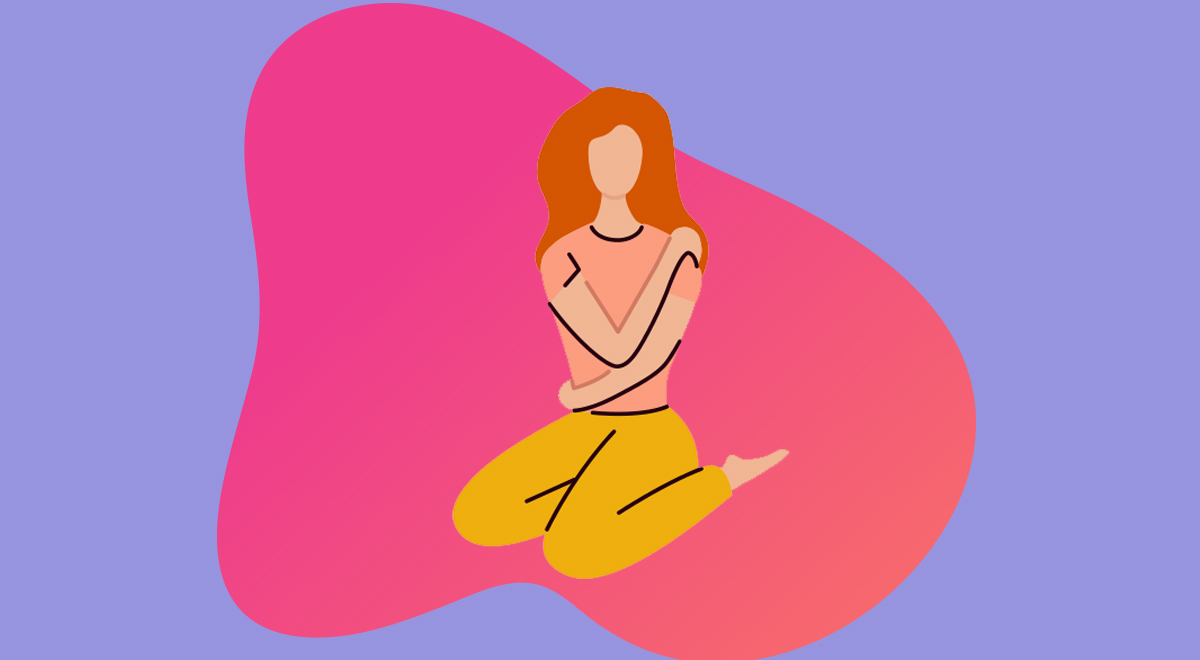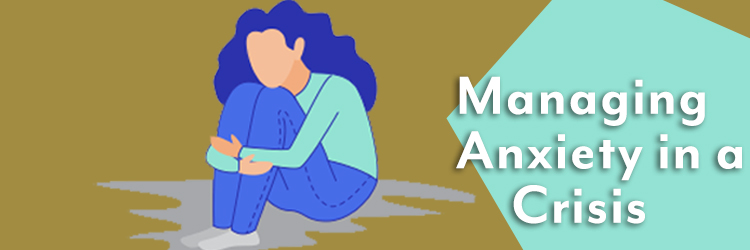[vc_row][vc_column][vc_column_text]The COVID-19 pandemic is a difficult time for people (including myself) with anxiety. Everyone deals with stress differently.
I’ve heard people with previous trauma and PTSD share that they’re reacting strangely calmly. Some people with Generalized Anxiety say they feel similarly; they’ve spent so much time preparing for catastrophe that they feel okay when it’s here. Others’ already intense anxiety is exacerbated.
Every reaction is valid. But if you are struggling with increased anxiety, you are not alone. Below are some things I’ve found helpful.[/vc_column_text][/vc_column][/vc_row][vc_row][vc_column][vc_custom_heading text=”Meditating”][/vc_column][/vc_row][vc_row][vc_column][vc_column_text]I set an alarm to meditate three times a day. This doesn’t have to be elaborate. 1-5 minutes can be beneficial.
Even the act of setting the alarm reminds me that I’m taking care of myself. I’ve heard people say that they can’t meditate because their thoughts wander. But to me, that’s inevitable and almost the point— recognize that thoughts are going to come and go. Just sit with them. I use guided meditations to help me stay on track. Every so often, the guides will say something to the effect of, “If you notice you’ve been getting lost in thoughts, gently bring yourself back.”
Meditation is a way of honoring that thought process without judgement, while trying to calm your breathing.[/vc_column_text][/vc_column][/vc_row][vc_row][vc_column][vc_custom_heading text=”Focusing on activities that take my attention”][/vc_column][/vc_row][vc_row][vc_column][vc_column_text]I’ve written about this before for this blog, but it’s worth repeating: if there’s an activity you have a tendency to get lost in, it can be extremely helpful during this time. We are being inundated with scary information. That level of stress every moment of the day is unsustainable. For me, some distracting activities are having video calls with friends and family, exercising, reading, drumming, listening to music and playing video games.
With exercising, drumming, listening to music and sometimes playing video games it’s about getting into what’s called a “flow state” (essentially, being “in the zone”). Reading is about distracting myself with new and different information. And the calls are about connection. This doesn’t necessarily mean finding an activity that makes you forget about the pandemic completely—that might not be realistic for you—but something you know will be fun and engaging.[/vc_column_text][/vc_column][/vc_row][vc_row][vc_column][vc_custom_heading text=”Remembering my resiliency”][/vc_column][/vc_row][vc_row][vc_column][vc_column_text]Those of us who have struggled with addiction, mental health disorders and sobriety are strong and can handle a lot. This is very helpful to remember. When anxiety is overpowering you may think you can’t deal with what is happening. But you can.
I have a “courage list” of things I did even though I was scared. Sometimes when I’m feeling anxious I’ll add to it. I’m allowing seemingly small things to count right now.[/vc_column_text][/vc_column][/vc_row][vc_row][vc_column][vc_custom_heading text=”Being kind to myself”][/vc_column][/vc_row][vc_row][vc_column][vc_column_text]Which reminds me: be kind to yourself! There’s no right way to handle a pandemic. I try to acknowledge my effort on the days I think I’ve done particularly well, and not judge myself for the days I struggle.









